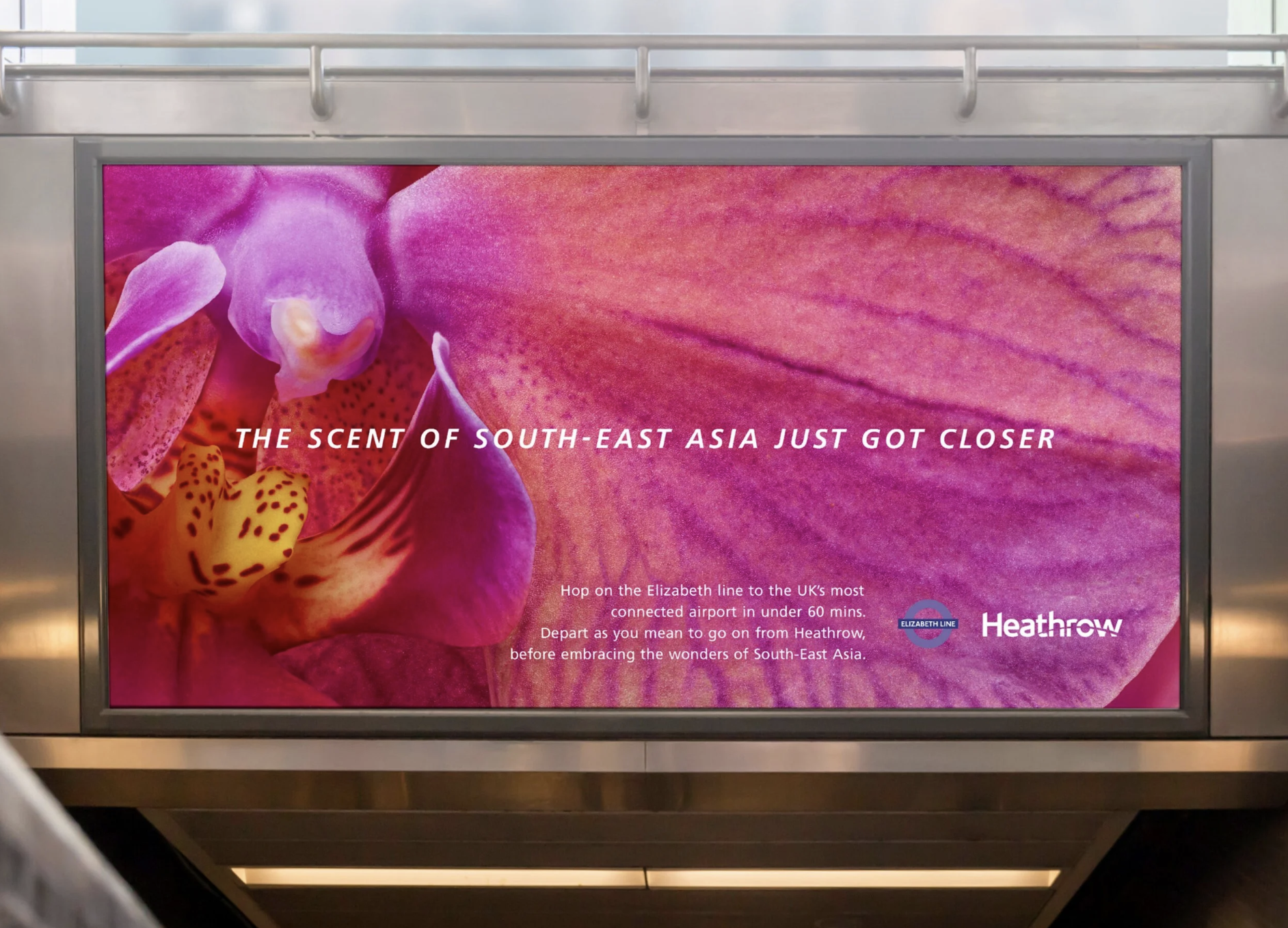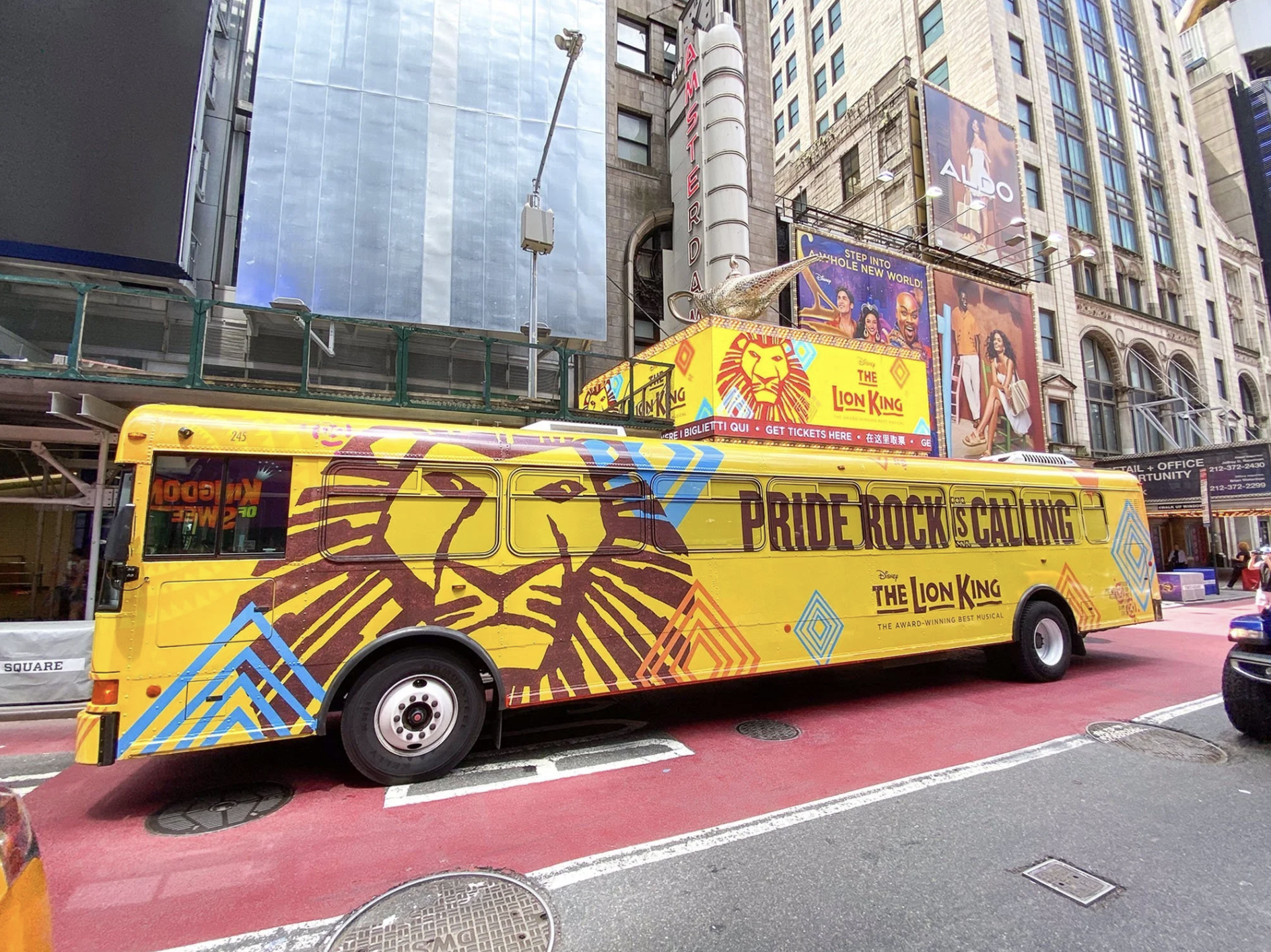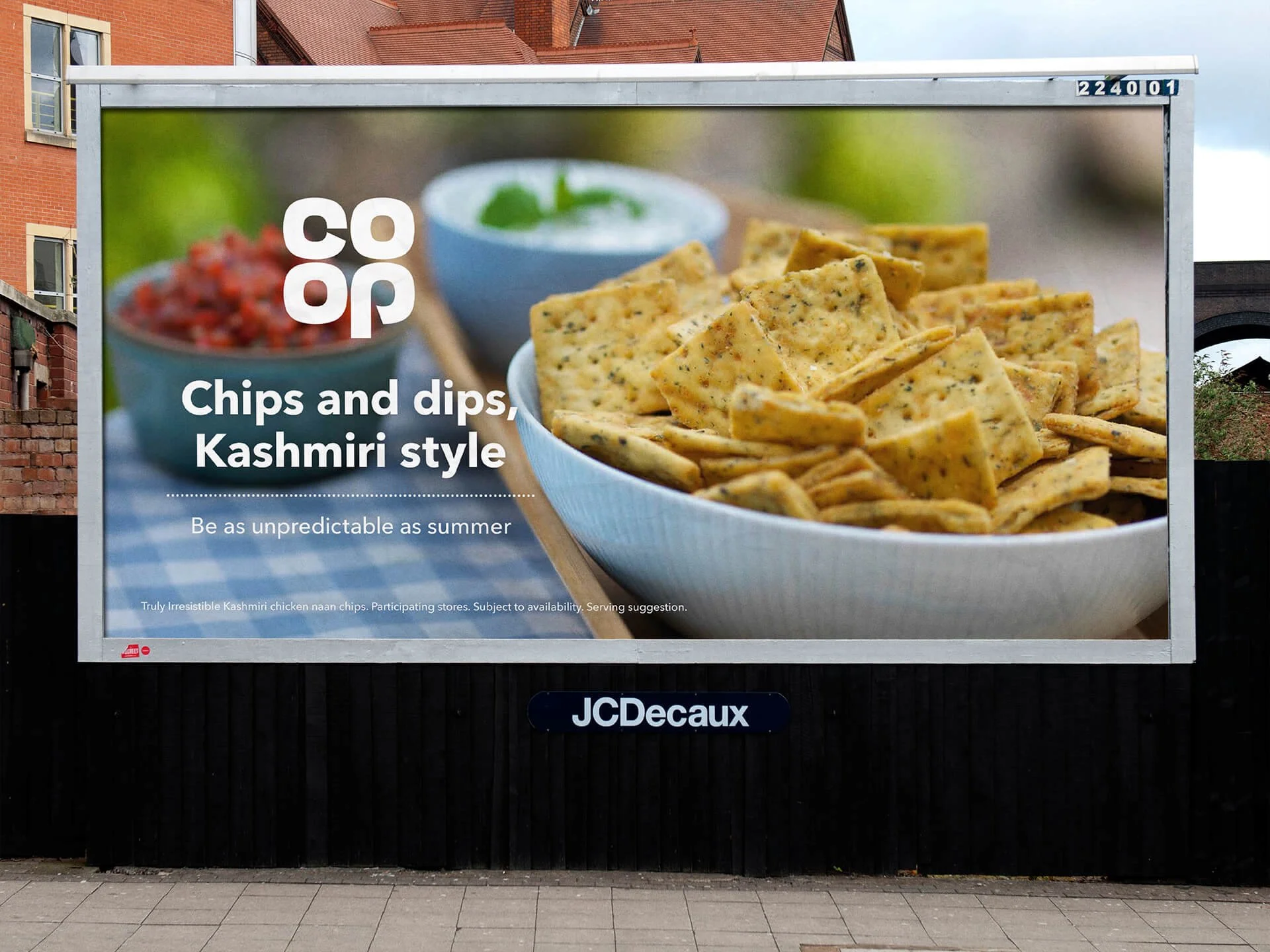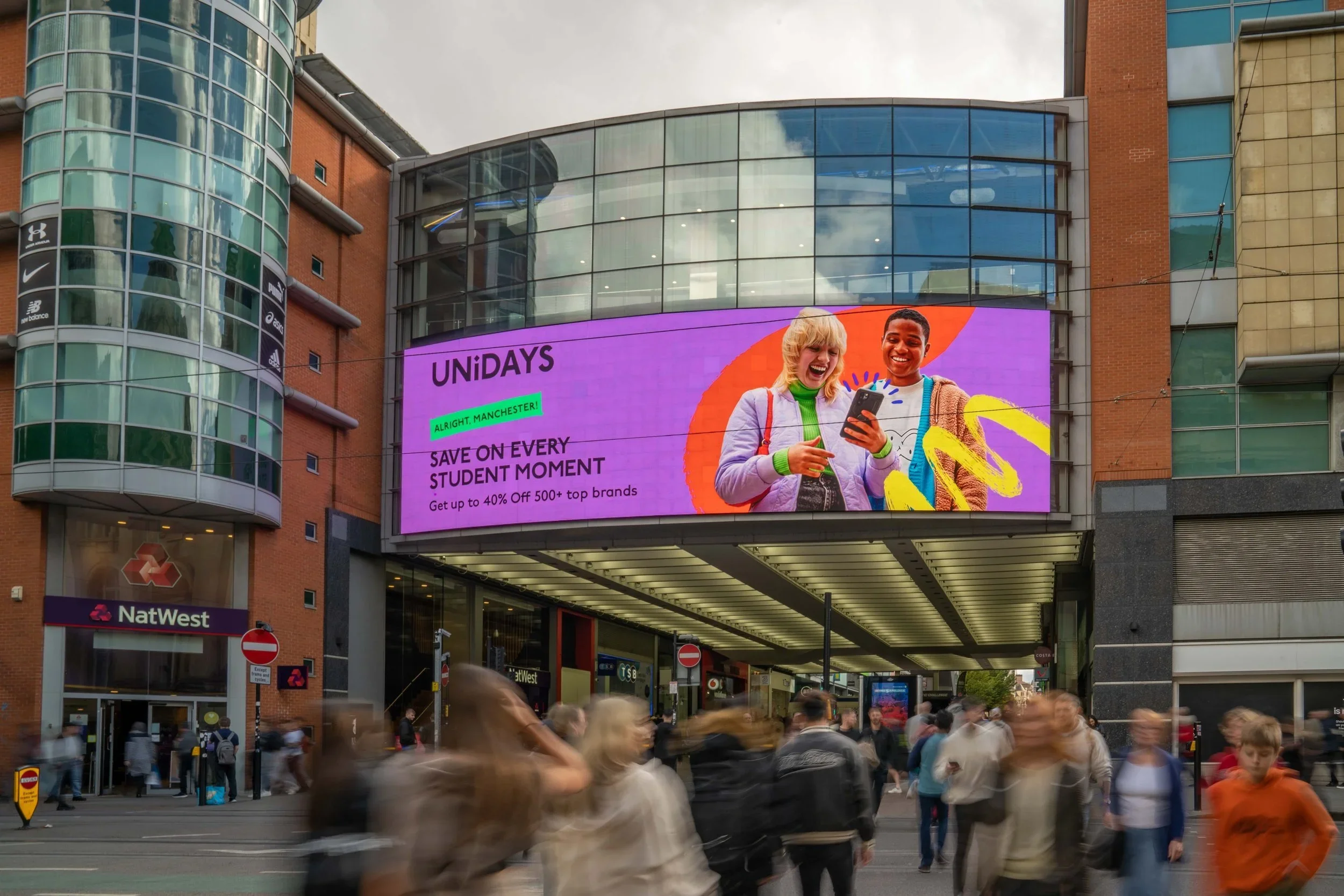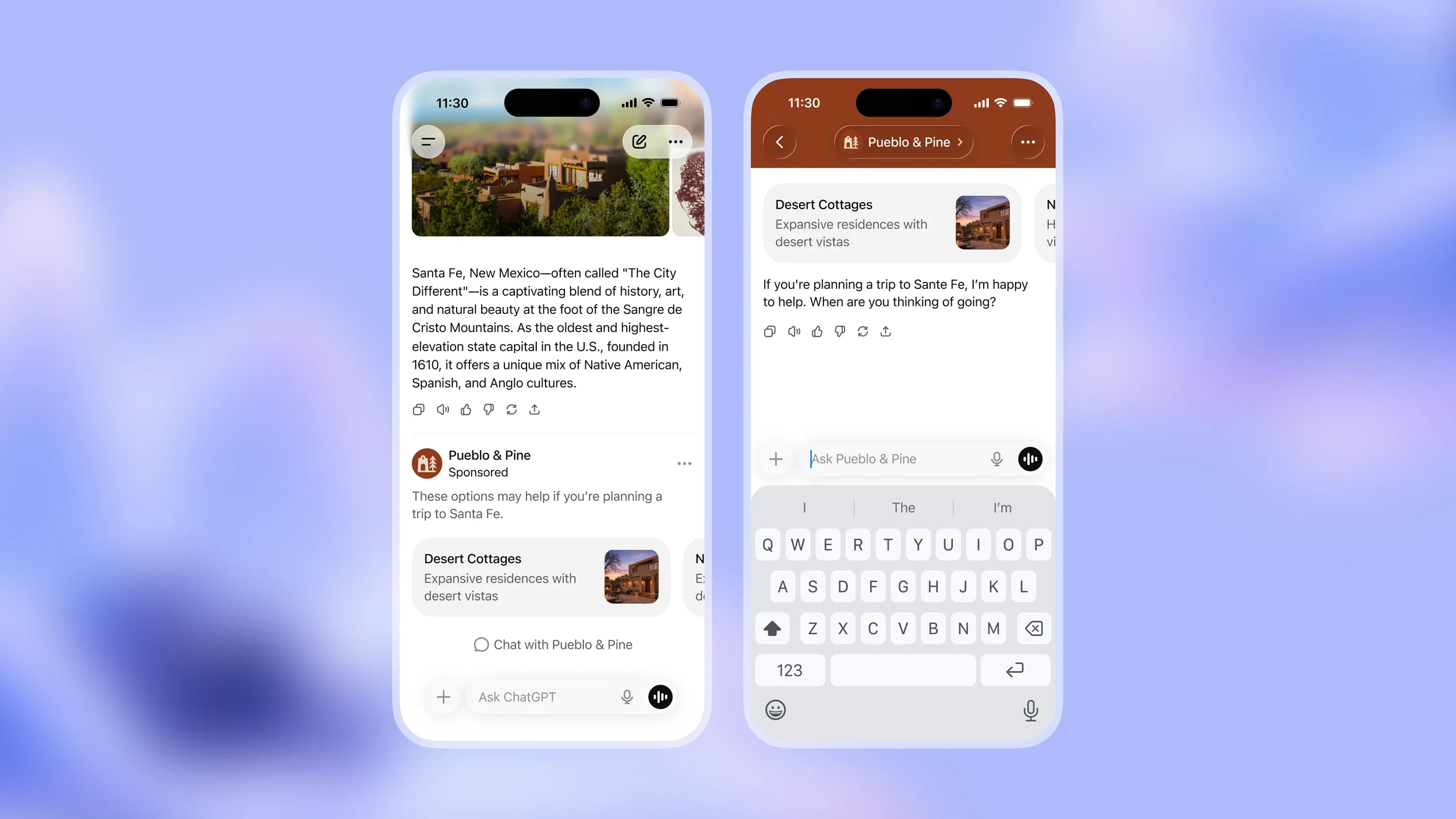How to use the Localism Marketing trend when going global.
Localism Marketing
Key Takeaways
Define “local” for each audience – recognise that local can mean geographic, cultural, or digital communities, and tailor campaigns accordingly.
Blend global scale with local authenticity – use glocalisation strategies like native content, micro-influencers, and culture-specific products to build trust.
Leverage AI for scalable localisation – AI makes adapting creative assets fast and cost-effective, but human insight is essential to preserve authenticity.
Introduction
Localism has always been a powerful force in marketing — the instinctive preference people have for supporting businesses that feel close to home, familiar, and embedded in their communities. But as globalisation and digital networks continue to expand, marketers face a challenge: how can brands that want to reach international audiences tap into the localism trend without losing authenticity?
This is where the art of glocalisation comes in. By thinking globally but acting locally, brands can create campaigns that resonate across markets while still speaking to the specific values, identities, and needs of communities. In this article, we’ll explore how localism has evolved, why it matters in 2025, and what strategies you can use to apply it effectively on a global stage.
The New Definition of “Local”
For much of history, “local” simply meant geographical proximity. It was the shop down the street, the family-owned restaurant, or the neighbourhood business that people trusted. Yet digital transformation has stretched this definition. Today, local can also mean communities that exist online — groups built around shared passions, lifestyles, or identities, regardless of location.
For example, a vegan baker in Manchester may feel a closer sense of community with vegan bakers in Seoul or Berlin than with businesses on their own high street. This means “local” is no longer bound by postcodes. It can be cultural, digital, or social.
At the same time, physical locality still matters deeply. People remain motivated to support nearby businesses, particularly when brands highlight how their products and services benefit the local community. The challenge for marketers is to balance both definitions: appealing to physical communities while also connecting with digital ones.
Why Glocalisation Matters More Than Ever
The concept of glocalisation — global thinking with local execution — has become a central strategy for brands in 2025. Several factors explain why this approach is now indispensable.
First, trust and authenticity have become the currency of modern marketing. Consumers are more sceptical than ever of large global corporations, and younger generations in particular demand evidence of integrity. Empty eco-promises or generic slogans simply do not work. People want to see measurable impact in their own lives and communities.
Second, consumer habits remain shaped by the pandemic years. Many spend more time online and alone, relying on digital platforms for shopping, entertainment, and social interaction. This opens opportunities for brands to tap into digital communities and local digital cultures.
Third, the growth of AI has made localisation faster, smarter, and more affordable. Brands can now adapt creative assets to different markets almost instantly — from translating content into regional dialects, to tailoring imagery and tone to fit cultural expectations. AI doesn’t replace human insight, but it makes scaling glocal strategies far more achievable.
Finally, geopolitical tensions and rising nationalism have pushed many brands to present themselves as locally embedded even when they are global giants. We have seen Coca-Cola, McDonald’s, and luxury labels like Gucci and Prada run city-specific campaigns, emphasising local ingredients, talent, or cultural references to secure consumer loyalty.
The Strategic Questions Every Marketer Must Ask
Before diving into tactics, marketers should step back and ask two fundamental questions.
First: what does “local” mean to this audience? It could be geographic pride, cultural traditions, shared hobbies, or values such as sustainability. Defining “local” is the first step in building relevance.
Second: what connects our global community? Even when audiences are spread across countries, unifying threads exist. It might be environmental concern, passion for a sport, interest in wellness, or a shared digital lifestyle. Identifying these threads allows you to build campaigns that feel global but land locally.
Approaches for Using Localism on a Global Scale
Native and Localised Content
Translating content is not enough. Brands must create messages that feel native to each market. That means using local expressions, humour, and imagery that resonates authentically. It can also mean employing local talent in videos, adverts, or photography so the content feels rooted in its environment. This approach signals respect and relatability.
Partnering with Micro-Influencers
Micro-influencers have become some of the most powerful vehicles for localised campaigns. They are trusted, close to their communities, and more affordable than global celebrities. By working with multiple micro-influencers across different regions, brands can achieve broad reach while still maintaining the intimacy of local engagement.
Supporting Local Causes
One of the strongest ways to build trust is by aligning with causes that matter to specific communities. This could mean funding local environmental initiatives, supporting cultural heritage projects, or highlighting issues that directly affect customers. For instance, a fishing equipment brand might support coastal conservation efforts in Wales, creating both relevance and goodwill across fishing communities worldwide.
Creating Local Symbolism in Products
Consumers respond positively when products reflect their local culture or pride. Many luxury fashion houses have created city-specific editions, such as handbags printed with Paris or Tokyo landmarks. The strategy can work across industries: technology firms can release region-specific device colours, food companies can develop flavours inspired by local cuisine, and beverage brands can celebrate national events.
Transparent Origins and Partnerships
Brands also build credibility by openly communicating where their products come from and how purchases benefit communities. Labelling that says “made with Canadian wheat” or “sourced from local farms” is more persuasive than vague sustainability claims. Transparency around local partnerships reassures customers that a brand is investing in their community, not just extracting value.
Delivering Localised Customer Experiences
Marketing is not only about campaigns; it’s about the whole experience. Localism should extend to customer service, payment options, and user experience. That could mean chatbots that respond in local dialects, support staff who understand regional etiquette, or checkout systems that include preferred payment methods in specific countries.
Steps to Activate Localism Globally
The process of activating localism in global marketing follows a logical sequence. The first step is audience mapping — identifying the cultural, linguistic, and social touchpoints that matter in each market. From here, content creation can be tailored using AI to assist with translation and style, while relying on human input to preserve nuance.
Once content is in place, the focus should be on culture-first messaging: campaigns that highlight local benefits, sustainability initiatives, or partnerships. Distribution then follows, using native platforms such as WeChat in China or LINE in Japan alongside global networks like TikTok or Instagram.
Personalisation is crucial at the service level, so integrating localised chatbots or region-specific support ensures the experience matches the marketing promise. Finally, marketers must measure, listen, and iterate. What resonates in Berlin may not resonate in Buenos Aires, and continuous optimisation is the only way to refine the approach.
Real-World Examples
Several brands illustrate how localism is shaping global marketing today.
Kraft Heinz in Canada has run campaigns celebrating products made with Canadian wheat, peanuts, and cheese, deliberately emphasising national origin to counter scepticism about foreign corporations. Luxury labels such as Gucci, Balenciaga, and Prada have leaned into city-specific campaigns and product drops, appealing to local pride while remaining global icons.
Meanwhile, fast-moving consumer goods and beverage companies are increasingly releasing flavours tied to national events or cultural festivals. These strategies show how powerful localism can be when adapted authentically to each market.
Why Localism Delivers Results
The business case for glocalisation is clear. It enhances trust, as consumers feel understood and respected. It drives stronger ROI because tailored campaigns typically outperform generic messaging. It future-proofs brands against scepticism by rooting them in authenticity. And thanks to AI-assisted workflows and modular content production, scaling glocalisation across multiple markets has never been more achievable.
Closing Thoughts
Localism is not a nostalgic concept. It is a living, evolving force in consumer behaviour, and its importance has only grown in a globalised and digital world. By blending the global scale of technology with the intimacy of local authenticity, brands can craft strategies that connect with communities everywhere.
As you expand internationally, remember that customers buy from brands that feel like “theirs”. Whether that sense of belonging comes from a shared postcode or a shared passion, the principle remains the same. To succeed globally in 2025 and beyond, brands must master the art of going local.
Looking for a partner to bring glocalisation to life? At One Day Agency, we specialise in building integrated campaigns that bridge creativity, media, and local culture to deliver results worldwide. Get in touch to learn more.



